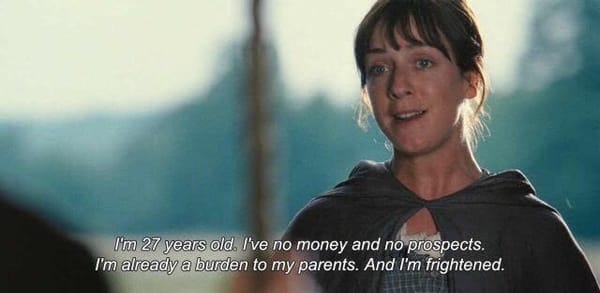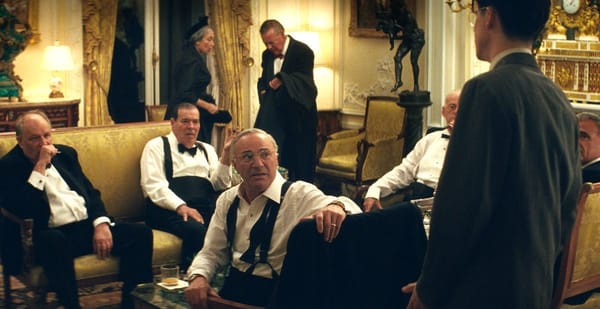☄️ #274 - Emotional Hot Potato
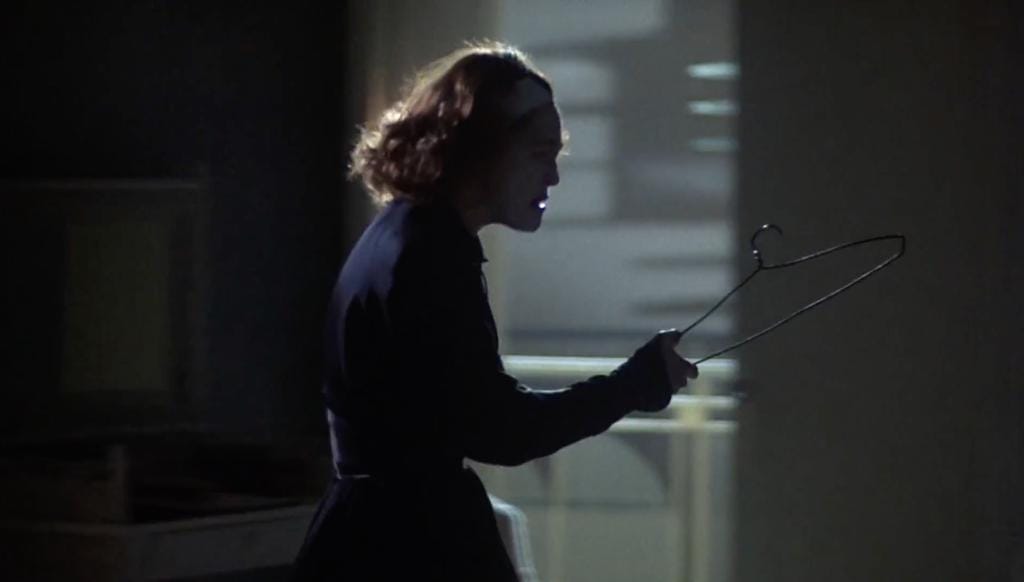
The blog Sketchplanations does a pretty concise job describing this week's topic. What happens when stress and anger become contagious?
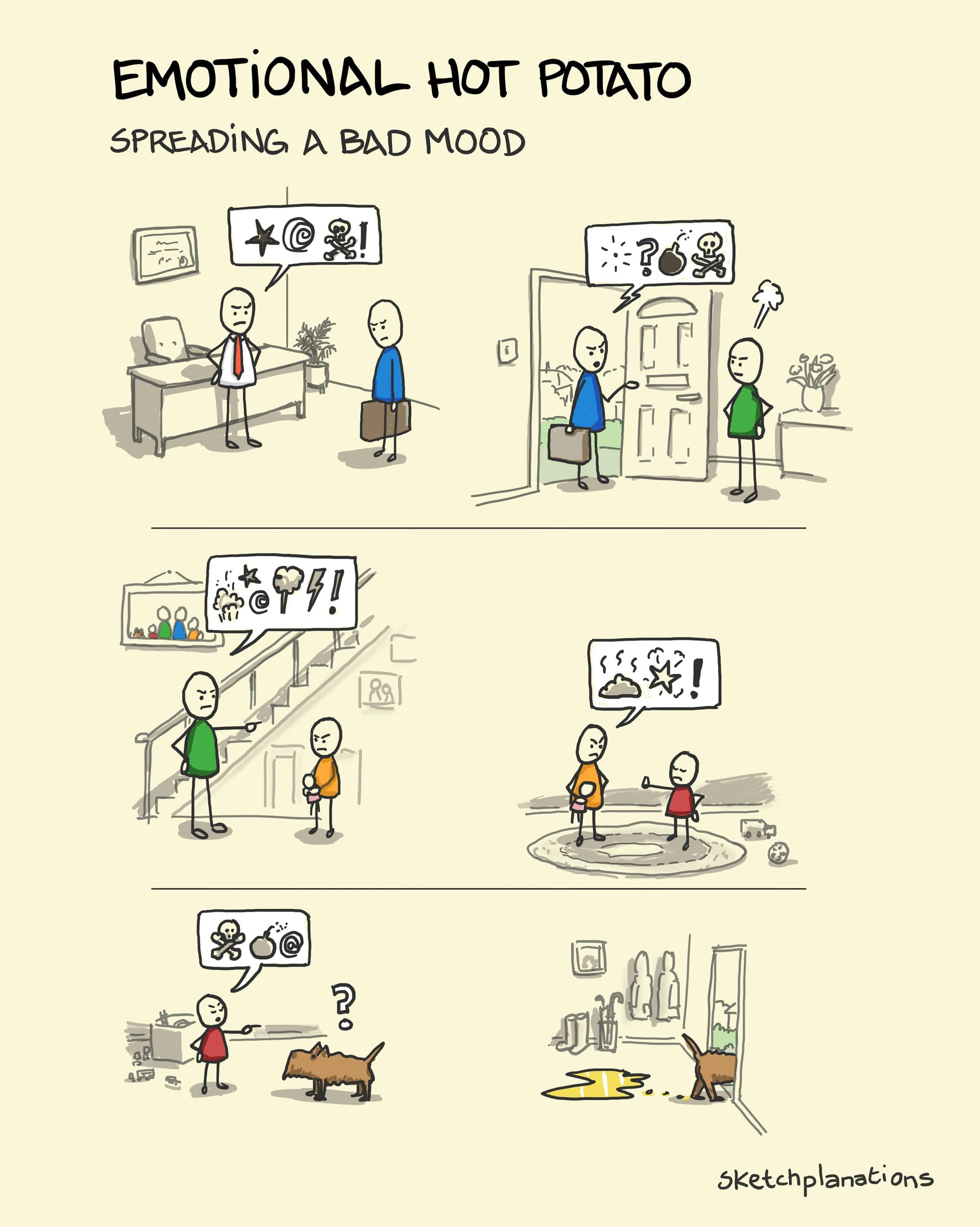
The 30 Rock episode "Chain Reaction of Mental Anguish" shapes its story around the same concept. Liz needs somebody to unload her problems on since she's so busy taking on everyone else's problems. But she makes an unfortunate choice of pseudo-therapist:
Why doesn't it work? What creates the conflict?
Susan Silk and Barry Goldman explain Ring Theory: A model for grief and crisis situations that sets boundaries for who should receive comfort, and who should take on the problems of others. Or put another way, a Kvetching Order.
Anyone in the center ring (who is going through it) can say whatever they want to whoever. But if you have a complaint or need support you can only turn to people who are further from the center in larger rings than your own.
Ask yourself: When your characters have problems, which circles do the other characters around them fit into? It doesn't need to be acknowledged by the characters, but there’s still a hierarchy of problems and support needs.
These chain reactions of emotion are about power dynamics. Those with more power could do much to help console and heal those with less power, but they’re also insulated enough that they can ignore the emotional needs of those “beneath them” without consequences.
Jeanette Cooperman considers emotional labor in the workplace, including the gendered and hierarchical notions of who needs to control their emotions, and who is responsible for caring for others:
Repressing dark emotions and mustering sparkle is exhausting—and one more reason to resent powerful bosses who never bother.
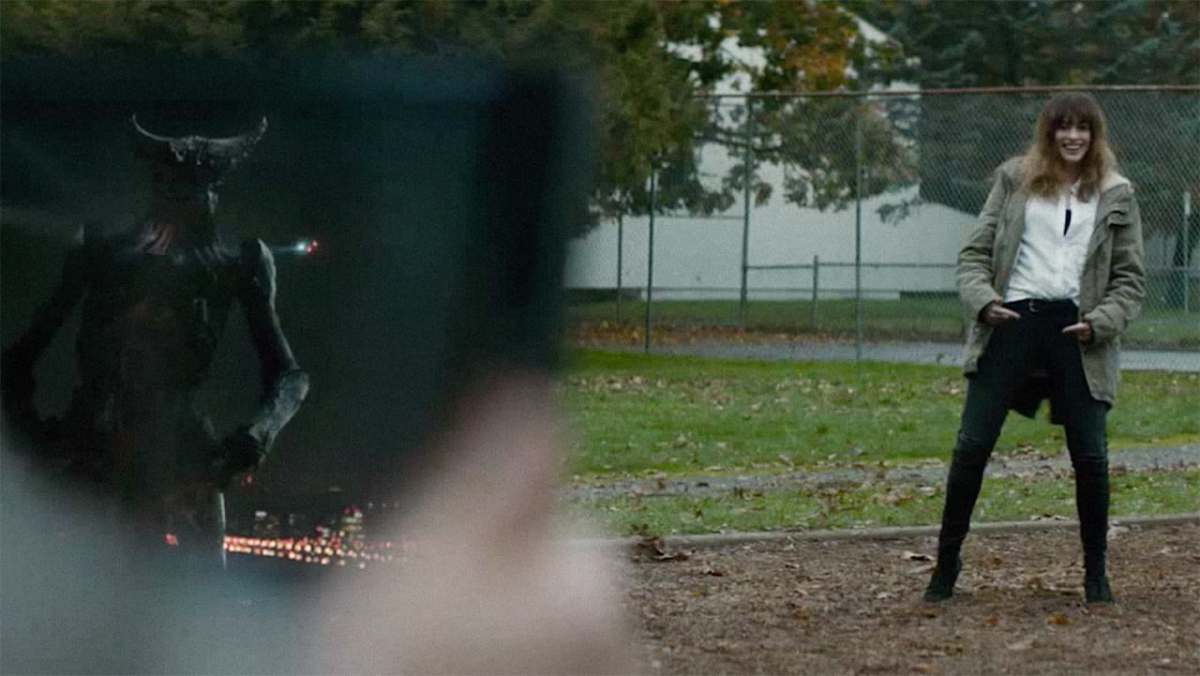
Emma Snape examines Colossal, and how the 2017 kaiju dramedy externalizes the damage caused to others by addiction and abuse with giant monsters smashing Seoul. When given an incredible and inexplicable power, two people have very different reactions: One attempts to atone for the damage they’ve done and improve themselves, while the other hardens his heart and finds new tactics to manipulate people.
Generational trauma is the extreme version of this emotional transfer. Gayle Kirschenbaum lived with her mother’s abuse for decades. She shares how the path to healing required seeing how her mother’s actions toward her were a product of her mother passing on her own childhood trauma.
Jenifer Saaraswath gives a therapist’s interpretation of generational trauma in Coco, and how what begins as a defensive response to an initial trauma grows into an unquestioned family narrative over time. Jonathan Decker and Alan Seawright from Cinema Therapy take a deep dive into Coco discussing how it depicts breaking the cycle of generational trauma. They point to how Pixar takes a premise that could be silly on the surface, but mine it for the emotional truths at the core.
Thinking about the origin of your characters' emotional responses, and whether they dump those emotions on others or work to manage the emotions themselves helps to create options for what comes next, and how personalities impact the chain of cause and effect in your story.
👋 Are you new here?
Inneresting is a weekly newsletter about writing and things that are interesting to writers. Subscribe now to get more Inneresting things sent to your inbox.
And if you can't wait until next week for more Inneresting, check out the Quote-Unquote Apps Blog where we keep previous issues and other posts about screenwriting and things interesting to screenwriters.
In case you missed it...
In the most clicked link from our last issue, Joyce Carol Oates reads Elon Musk to filth.
What else is inneresting?
- Cate Hall discusses agency, ambition, sociopaths, and her upcoming book You Can Just Do Things.
- Terrence O’Brien on algorithm fatigue and ways music fans are returning to human-centered curation and discovery.
- Lisa Sibbett explores the ways that the Nuclear Family was designed to isolate and exploit individuals (and not just parents).
And that’s what’s inneresting this week!
Inneresting is edited by Chris Csont, with contributions from readers like you and the entire Quote-Unquote team.
Are you enjoying this newsletter?
📧 Forward it to a friend and suggest they check it out.
🔗 Share a link to this post on social media.
🗣 Have ideas for future topics (or just want to say hello)? Reach out to Chris via email at inneresting@johnaugust.com, Bluesky @ccsont.bsky.social, or Mastodon @ccsont@mastodon.art

